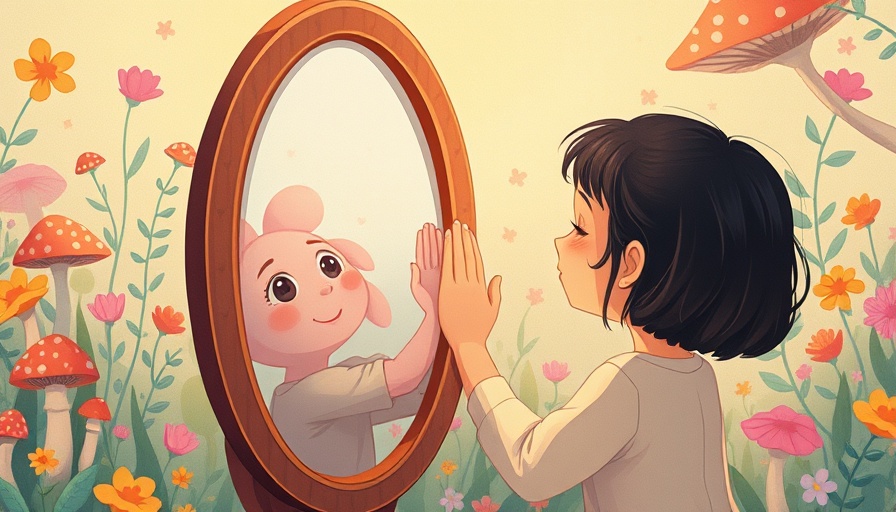
How Self-Love Transforms Lives
Learning to treat ourselves with the same kindness we extend to others is a powerful journey of self-discovery and healing. Many, like Orly Levy, embody empathy towards friends and family yet silently battle inner critics that overshadow their own self-worth. This contradiction sparks the question: how can we shift our internal dialogue from judgment to self-acceptance?
The Role of Self-Compassion in Personal Growth
Self-compassion involves acknowledging our struggles and understanding that pain and mistakes are part of the shared human experience. This insight not only fosters resilience but also builds a strong foundation for personal development. The realization that suffering does not reflect our value can liberate us from the chains of unrelenting self-criticism.
Breaking Free from Unrealistic Standards
Individuals often set impossibly high standards for themselves, believing their worth is contingent upon flawless performance. Levy’s narrative illustrates the detrimental effects of this mindset—choosing safety over authenticity and approval over genuine self-expression. By recognizing this flaw, we are empowered to reassess our definitions of success and self-worth. Understanding that perfection is unattainable enables us to cultivate self-growth without fear of failure.
Finding Strength in Vulnerability
Embracing vulnerability is integral to nurturing compassion for ourselves. It requires the courage to acknowledge our emotions—be it sadness from a lost opportunity or fear of rejection. This posture not only deepens our personal development but also enhances our relationships with others as we learn to value our unique voices and experiences.
Practical Tips for Nurturing Self-Love
1. **Daily Reflection**: Spend a few minutes each day reflecting on what you appreciate about yourself. Write it down to create a visual reminder of your worth.
2. **Mindfulness Practices**: Engage in activities such as yoga or meditation to reconnect with your inner self, reducing anxiety and fostering self-acceptance.
3. **Seek Support**: Talk to a personal development coach or join a support group focused on self-improvement to share experiences and gain insights from others on similar journeys.
Inspiring Change Through Community
As we learn to treat ourselves with compassion, we become beacons of light in our communities. Our personal growth not only enhances our lives but inspires those around us to embrace their journeys. By collectively fostering a culture of empathy, we strengthen the bonds within our neighborhoods, encouraging others to treat themselves as they would treat their loved ones.
In conclusion, transitioning to a mindset of self-love is not a solitary endeavor. As we empower ourselves on this journey, let’s encourage others to join us, ensuring that self-acceptance and compassion ripple through our surroundings.
 Add Row
Add Row  Add
Add 




Write A Comment